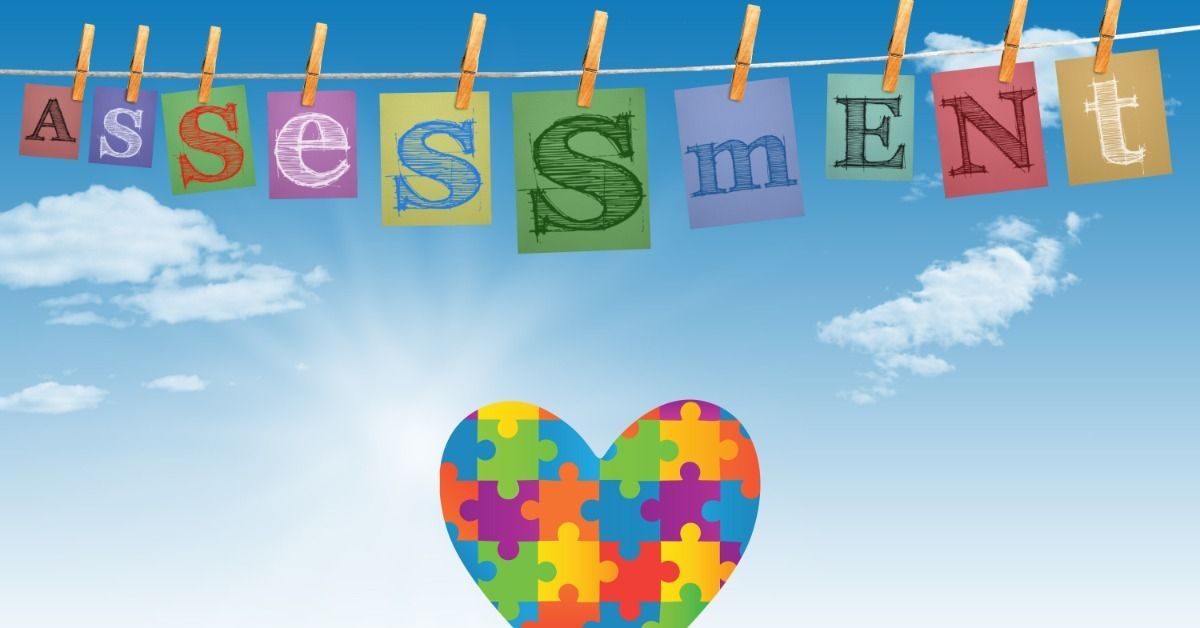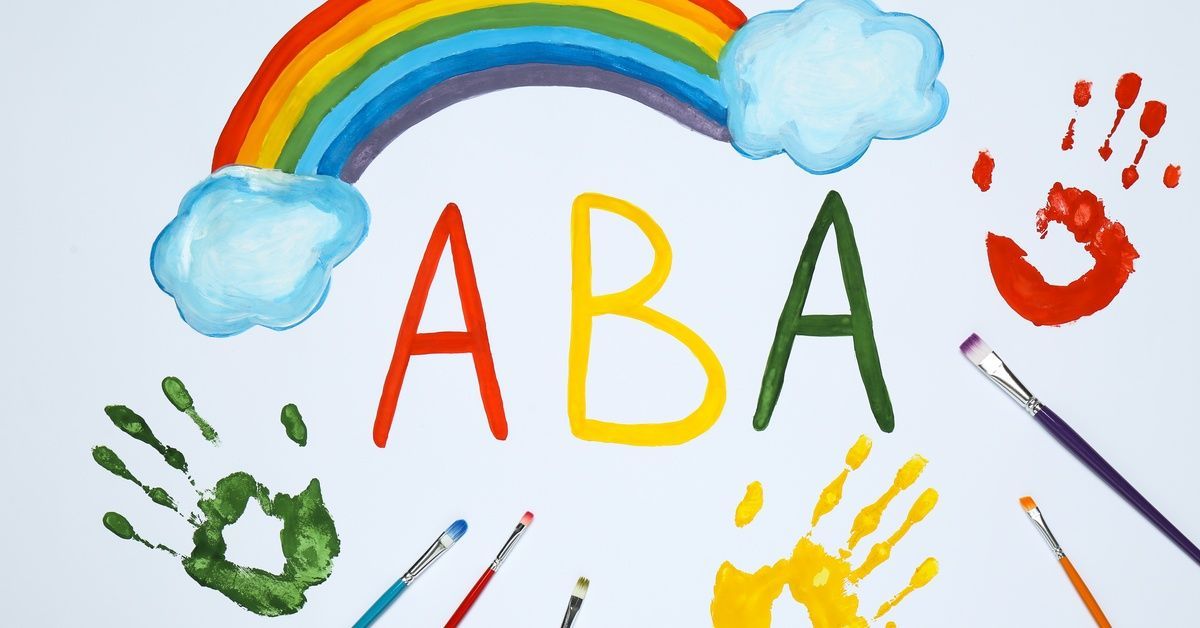5 Common Misconceptions About ABA Therapy
If you have a child on the autism spectrum, you’ve probably heard of applied behavior analysis (ABA) therapy. ABA therapy helps children improve their communication, behavioral, and social skills. This therapy enforces researched-based techniques like prompting and positive reinforcement to help children develop positive skills. While ABA therapy is celebrated and known for its accomplishments, there are a lot of myths and common misconceptions about ABA therapy.
In this article, we’ll debunk these myths to help curb the negative narrative and explain ABA therapy in greater detail.
ABA Is the Cure for Autism
There is no “cure” for autism. Individuals with autism experience the world differently than their peers, and that’s okay! Applied behavior analysis therapy’s goal is to support individuals with autism in all sectors of developmental skills to help them thrive in their daily lives. By reinforcing communication, social, behavioral, and daily living skills, you’re giving them the chance to foster independence.
All ABA Programs Are the Same
There is no one size fits all program for ABA therapy. Each therapy session is customized to the individual based on their unique needs. The primary goal of these sessions is to identify the behaviors or skills your child needs to work on and how they can reach their desired goal. Different techniques and activities are assigned to the child to help them flourish, and progress is individually measured.
ABA Is Only for Children With Autism
Applied Behavior Analysis can be used on any individual regardless of their diagnosis. The use of positive reinforcement caters to all human behavior and can help curb or promote appropriate social and behavioral habits. Positive reinforcement can help children with:
- Attention Deficit Hyperactivity Disorder (ADHD)
- Post-Traumatic Stress Disorder (PSTD)
- Borderline Personality Disorder (BPD)
- Obsessive-Compulsive Disorder (OCD)
ABA Uses Bribes To Promote Good Behavior
ABA therapy incorporates rewards for appropriate behavioral skills; however, they’re not used as bribes. These positive rewards are given to the child after a behavior occurs—not before. Although rewards like food are good initially, toys or fun activities are often given to children who continue displaying appropriate behavioral traits.
ABA Therapy Makes Children Lose Their “Spark”
ABA therapy does not turn children into robots or make them lose their personalities. In fact, ABA therapy does the opposite. Many children with autism have a tough time displaying or understanding emotions, especially in triggering situations. ABA therapy guides and teaches children to develop self-advocacy skills, allowing them to express their likes, dislikes, requests, and emotions.
Applied Behavior Analysis therapy is the most researched and effective solution for children with autism. Myths and negative opinions of ABA stem from a lack of understanding of the therapy. There are countless examples of research proving that ABA helps the overall well-being of children with autism. We hope that debunking these common misconceptions about ABA therapy will encourage you to explore this option for your child.
HANDS Center for Autism offers ABA therapy in North Carolina. We value positive reinforcement to help children reach their emotional, social, and developmental milestones with fun and educational activities. Along the way, we encourage parents to support and promote these teaching at home.






